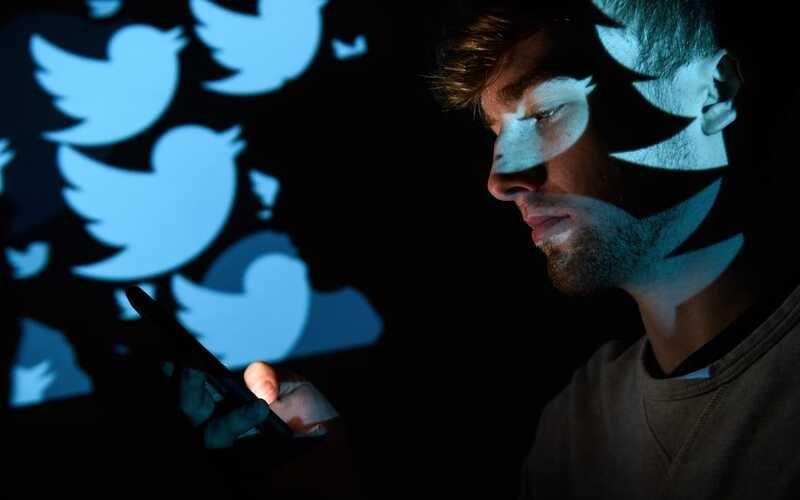In an early FAFO test for Elon Musk, Germany may punish Twitter for frequently violating the NetzDG. This social media hate speech takedown law demands the quick removal of illegal information like hate speech.
Today, the Federal Justice Office (BfJ) stated it had initiated a NetzDG procedure against the platform after finding “sufficient evidence of deficiencies” in its complaint management systems.
Under the NetzDG, social media companies must answer to user allegations of unlawful content, review what’s been reported, and delete content if it finds it’s illegal within seven days — or 24 hours for the most clearly illegal items. In addition, Germany’s penal law prohibits hate speech, threats, and antisemitism.
“Numerous pieces of Twitter content were submitted to the BfJ, which the authority considers illegal and, despite user complaints, was not removed or restricted by the provider within the legally necessary times. “The fine procedures launched are based on this,” the BfJ stated in a statement (machine translated from German).
“In the case of individual violations by social network providers of the inspection and deletion duties under the NetzDG, it cannot usually be presumed that there is no adequate system for dealing with complaints regarding unlawful information. Nevertheless, a systemic failure of complaint handling is susceptible to sanctions when NetzDG standards are consistently violated in a timely and appropriate manner.”
The Office claimed a “systemic failure in the provider’s complaint management” for Twitter’s “closely connected in terms of time and substance” material. “They were disseminated on Twitter over a period of about four months and reported to Twitter as illegal by users,” it continued. “All information makes comparable, unwarranted, defamatory accusations about the same individual. They’re a BfJ offense.”
Germany’s NetzDG law permits a €50 million penalty for violations.
Yet, the government has not pushed to enforce the legislation for content moderation violations—and, let’s face it, no social media giant can claim a new record on this front—so it’s intriguing to see Musk’s Twitter needling the Justice Office into action at last. (NetzDG took effect in October 2017 while Musk promoted Hyperloop and The Boring Company rather than killing Twitter.)
The messaging network Telegram was fined with NetzDG penalties of €5.125M last year. But it was for failing to give users methods to report unlawful content and not forming a legal business in Germany to receive official messages from regulators, not for violating the takedown regulations, which Twitter looks to be facing today.
Twitter’s press office responded to our email on the BfJ’s proceeding over system content moderation problems with a poop emoji, as it has since late last month. (Musk already liquidated Twitter’s comms department, allowing his “hardcore” engineers to replace clever comms personnel with a stupid algorithm.)
After Musk hauled a sink into Twitter Headquarters at the end of October to start his reign/flush the platform down the drain, he’s cut personnel and content moderation resources however while throwing a wrecking ball through the platform’s capacity to respond to user reports of offensive material; he has claimed to be reforming and strengthening its approach to moderation – making a huge show of extending an existing crowdsourced fact-checking function, dubbed Community Notes.
He prefers a mechanism to attach notes to “poor speech” rather than eliminating it for decentralized and fair speech moderation (combined with some penalties like removing the offending tweets from algorithmic recommendation).
The thing is, Musk’s argument is not only disingenuous — outsourcing content moderation while gutting internal resources is not an improvement. However you want to spin it — it’s also blind to the legal risk his decisions set the company up for in countries like Germany, where there is no crowdsourced debate over illegal content since the law requires prompt removal of illegal tweets. As noted last year, the NetzDG provides an early test of Musk’s approach/claims/appetite for penalties.
(NB: The European Union’s Digital Services Act also regulates content governance for digital services, and that regulation is coming into force across the EU for all digital services from early 2024. However, a subset of larger platforms, called VLOPs, are expected to be compliant sooner, likely from this fall, and Twitter may hit the VLOP threshold. Meanwhile, fines under the incoming EU regime can scale up to 6% of global annual turnover.)
Back to Germany: Twitter appears to have a chance to steer out of what could be a multi-million-dollar NetzDG fine if it engages with the federal government over concerns about illegal content — as the BfJ says it’s allowing the company to comment on the alleged systemic failure of complaint management.
Suppose Twitter fails to do that or responds with a poop emoji. In that case, the BfJ will conclude that its charge of illegal activity is warranted and apply to the Bonn District Court for preliminary ruling procedures.
The District Court of Bonn would decide if the content is prohibited under NetzDG before issuing a fine for a takedown failure. The Office might punish Twitter if the court agrees with the BfJ that the content is illegal. You can still buy popcorn for this one.
Musk’s Twitter also faces an unlawful content challenge: HateAid and the European Union of Jewish Students launched a holocaust denial hate speech case in January to determine if firms with T&Cs banning antisemitism must comply.
If their complaint against NetzDG succeeds, it might create a precedent beyond Twitter. As a result, Musk’s time atop the bird may impact free speech more than he realizes.


















































